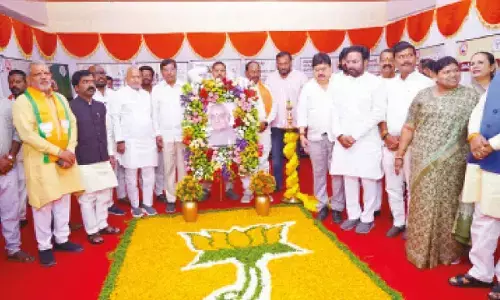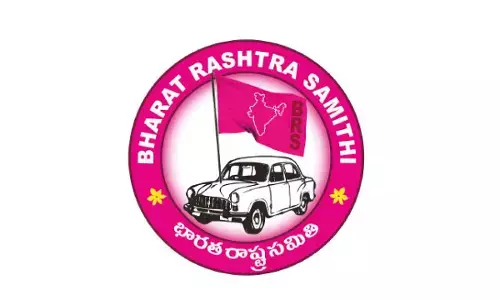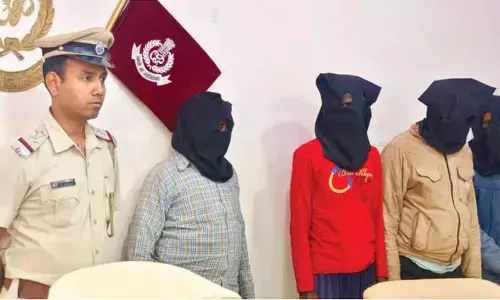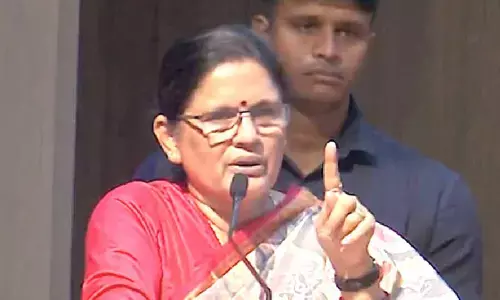What is National Skill Qualification Framework?

Another challenge which we face is extremely low proportion of skilled workforce. Only 2% of workers have formally obtained skill training. So, their employability remains low despite being increasing demand for the skilled labour force in the labour market.
Another challenge which we face is extremely low proportion of skilled workforce. Only 2% of workers have formally obtained skill training. So, their employability remains low despite being increasing demand for the skilled labour force in the labour market. To overcome this challenge multi-pronged policy has been adopted to augment skilled workforce.
In 2015-16, 104 million people were skilled as per the official release which is a quantum leap of 36%. We are taking sector specific targeted approach through Sector Skill Councils, strengthening ‘Recognition of Prior Learning’ and developing National Skill Qualification Framework (NSQF). This was stated by Bandaru Dattatreya, Minister of State (IC) for Labour and Employment, at G- 20 Labour and Employment Ministerial Meeting in China on July 12.
The National Skills Qualifications Framework (NSQF) is a competency-based framework that organises all qualifications according to a series of levels of knowledge, skills and aptitude. These levels, graded from one to ten, are defined in terms of learning outcomes which the learner must possess regardless of whether they are obtained through formal, non-formal or informal learning.
NSQF in India was notified on 27th December 2013. Under NSQF, the learner can acquire the certification for competency needed at any level through formal, non-formal or informal learning. In that sense, the NSQF is a quality assurance framework. Presently, more than 100 countries have, or are in the process of developing national qualification frameworks.
Specific outcomes expected from implementation of NSQF are: Mobility between vocational and general education by alignment of degrees with NSQF; Recognition of Prior Learning (RPL), allowing transition from non-formal to organised job market; Standardised, consistent, nationally acceptable outcomes of training across the country through a national quality assurance framework; Global mobility of skilled workforce from India, through international equivalence of NSQF The NSQF provides for a five-year implementation schedule which provides that after the third anniversary (27.12.2016) date of the notification of the NSQF.
Government funding would not be available for any training/ educational programme/ course which is not NSQF-compliant. After the fifth anniversary (27.12.2018) date of the notification of the NSQF, it shall be mandatory for all training/educational programmes/courses to be NSQF-compliant All training and educational institutions shall define eligibility criteria for admission to various courses in terms of NSQF levels.



















